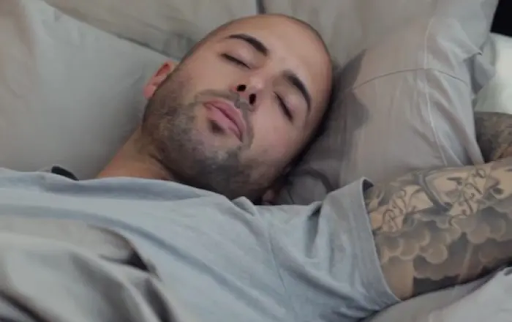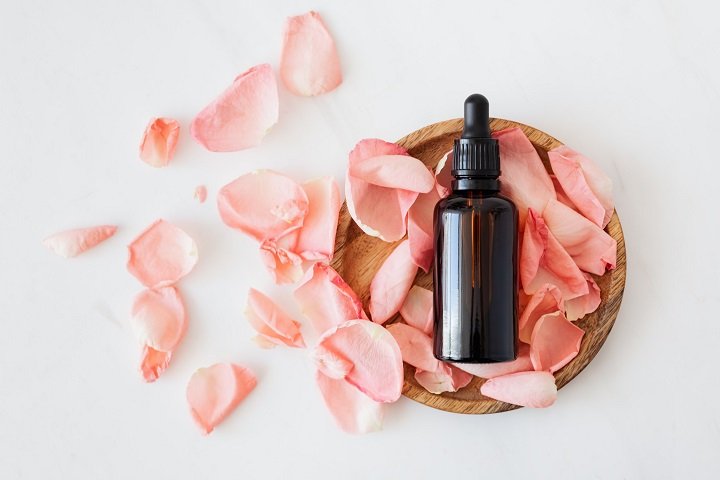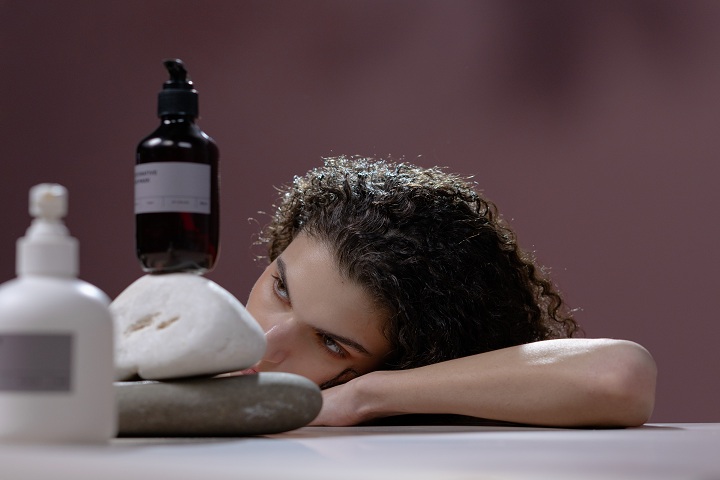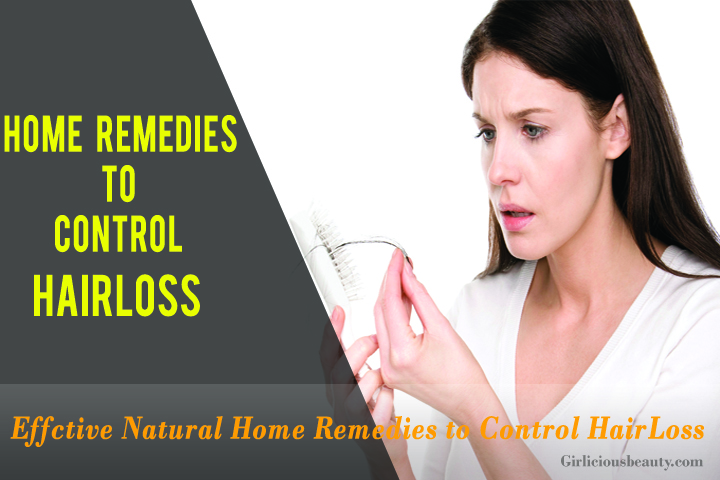Hair loss is one of those things that constantly seems like an upward struggle.
Shampooing, brushing, and sleeping are necessary, but they seem to increase shedding by causing friction.
Making some lifestyle changes to your bedtime routine, rather than counting your losses (literally), can make a huge difference.
For starters, it can protect your hair from damage (PSA: A lot of hair damage happens at night).
As your epithelial hair grafts stem cells get activated while you sleep, proper hair care will aid the overall hair growth process.
In this article, Dr. Gajanan Jadhao, who provides the best hair transplant from Pune, has mentioned ways to prevent hair loss while sleeping.
Choose a pillowcase made of silk or satin.
Silk pillowcases are frequently discussed, and for a good reason. Compared to cotton, the smaller silk fibers reduce friction from rubbing your scalp against the pillow (essential if you’re a tosser-and-turner).
Cotton pillowcases also absorb moisture from your hair, leaving your strands dry, frizzy, and vulnerable to breakage.
Evade sleeping with damp hair.
While some things are more pleasant than hitting the sheets following a hot shower, keep in mind that wet hair is the most vulnerable. If you shower at night, make sure to thoroughly dry your hair to avoid tugging and breakage while you sleep.
Excessive heat is also bad for thinning hair, so allow yourself an extra hour or two to let your hair air dry.
Apply a hair mask to your hair and leave it on overnight.
Overnight hair masks are an excellent way to provide much-needed nourishment and moisture to your hair. In the morning, hydrated strands mean less breakage throughout the day.
Dr. Gajanan Jadhao, Pune’s excellent hair transplant surgeon, explains, “It works the same way as putting a night serum on your face while you sleep.”
Many essential ingredients in overnight hair masks improve hair elasticity, hair integrity and help move hair down the outer surface layer for shinier, more manageable hair.”
Apply scalp treatment to your hair.
Aside from hair masks (which are typically applied to your strands), a treatment applied directly to your scalp can also be beneficial.
Dr. Gajanan Jadhao agrees that scalp treatments are beneficial while sleeping. “They contain ingredients that promote the growth of healthy hair cells. If you prefer a more natural approach, apply aloe vera or coconut oil.
Before going to bed, detangle your hair.
Those with thinning hair may dread brushing it, but detangling your strands before bed, according to Dr. Gajanan Jadhao, leading hair transplant surgeon in Pune, will reduce hair loss in the long run.
“Tangles can turn into dreadlocks while you sleep, causing more to emerge when you have to brush your hair in the morning,” he says.
This process will also increase blood circulation (which will aid in hair growth while you sleep) and distribute natural oils from the scalp through the hair, making any friction to the strands during sleepless nights damaging.
Never wear a nightcap or tie your hair up.
Tight ponies are one of the hairstyles that can be damaging to your hair.
When they’re worn to bed, however, the damage is multiplied by two. While it may appear to be innocuous, having your hair up for several hours can put a strain on your scalp, resulting in traction alopecia.
If you absolutely must get your hair out of your face, try a loose braid (secured with a soft scrunchie instead of an elastic) to reduce pressure and prevent tangles—also, it’s a great way to wake up the next day with heatless waves.
Dr. Gajanan Jadhao, contrary to popular belief, advises against wearing sleep caps (unless they’re made of silk).
“They can be too tight on the head and rub in one area,” he says, “pulling hair out from the roots and damaging your hair follicle.” “It also goes against the idea that you want to sleep with as little friction as possible.”






